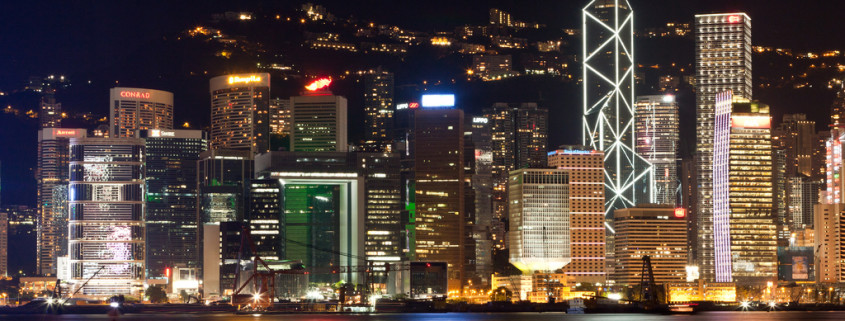Just Who Is an Expat, Anyway?
(Written by Christopher DeWolf, a Canadian writer and photographer who has lived in Hong Kong since 2008.)
In Hong Kong, a city where everyone seems to be from somewhere else, just who is an expat, anyway? The question has framed the push and pull I feel between this city, my home of six years, and Canada, my birthplace—a tug perhaps felt no more acutely than when I received a call from the Canadian consulate and told, in Cantonese, that my new passport was ready.
The writer Leo Ou-fan Lee once described Hong Kong as a “city between worlds,” and I have yet to come across a term that better captures the spirit of the place. (Perhaps Mr. Lee’s perceptiveness comes from being an expat thrice over: Born in mainland China, he was raised in Taiwan and educated in the U.S. before settling in Hong Kong.) This is one of the world’s most prominent transnational cities, a place where everyone seems to have their feet in two places at once. It’s a city built by immigrants under colonial British rule, but one that still enjoys a special status within the People’s Republic of China.
So it’s strange to hear some people in Hong Kong described as expats, but not others. Anyone with roots in a Western country is considered an expat. But the distinction is muddied among Hong Kong’s deeply entrenched Southeast Asian community. Filipino domestic helpers are just guests, even if they’ve been here for decades. Mandarin-speaking mainland Chinese are rarely regarded as expats, but they are certainly not locals. By contrast, a native Cantonese speaker earns an automatic right to belong, even if she spent most of her life in Sydney or Vancouver.
It’s a double standard woven into official policy, which doesn’t recognize foreign passports held by those it considers Chinese nationals. The Canadian consulate estimates there are around 300,000 Canadian citizens in this city of 7.5 million, while the Hong Kong government says there are just 16,000. Why the discrepancy? Because most Canadians here are originally from Hong Kong, so they are regarded by the Hong Kong government not as foreigners but as Chinese nationals.
Like other global cities, Hong Kong is a portal of immigrants and emigrants. Chinese people head West to work on Wall Street, while Americans seek business opportunities in China. Some arrivals are described as expats; others as immigrants; and some, simply migrants. It depends on social class, country of origin and economic status. But in most cases, the nomenclature is outdated, rooted in a time when voyages involved a one-way ticket on a steamship.
A more current interpretation of the term “expat” has more to do with privilege. Expats are free to roam between countries and cultures, privileges not afforded to those considered immigrants or migrant workers. (Continued)
- Les Misérables: Understanding the French Culture of Discontent - December 16, 2019
- An American in Paris - January 5, 2018
- A Chat with Amy Thomas - December 22, 2017
- 6 Things To Consider When Choosing Your Paris Apartment - August 5, 2016
- Hermès Private Sale Starts Today - January 13, 2016
- 4 Tax Deductions You Might Be Missing - January 11, 2016
- Free Tax Consultations in Paris - May 7, 2015
- Just Who Is an Expat, Anyway? - April 16, 2015
- JEFF KOONS: A POPULAR AND CONTROVERSIAL ARTIST - April 15, 2015
- A UNIQUE EXHIBIT ON THE BAROQUE UNDERWORLD - April 15, 2015






Leave a Reply
Want to join the discussion?Feel free to contribute!